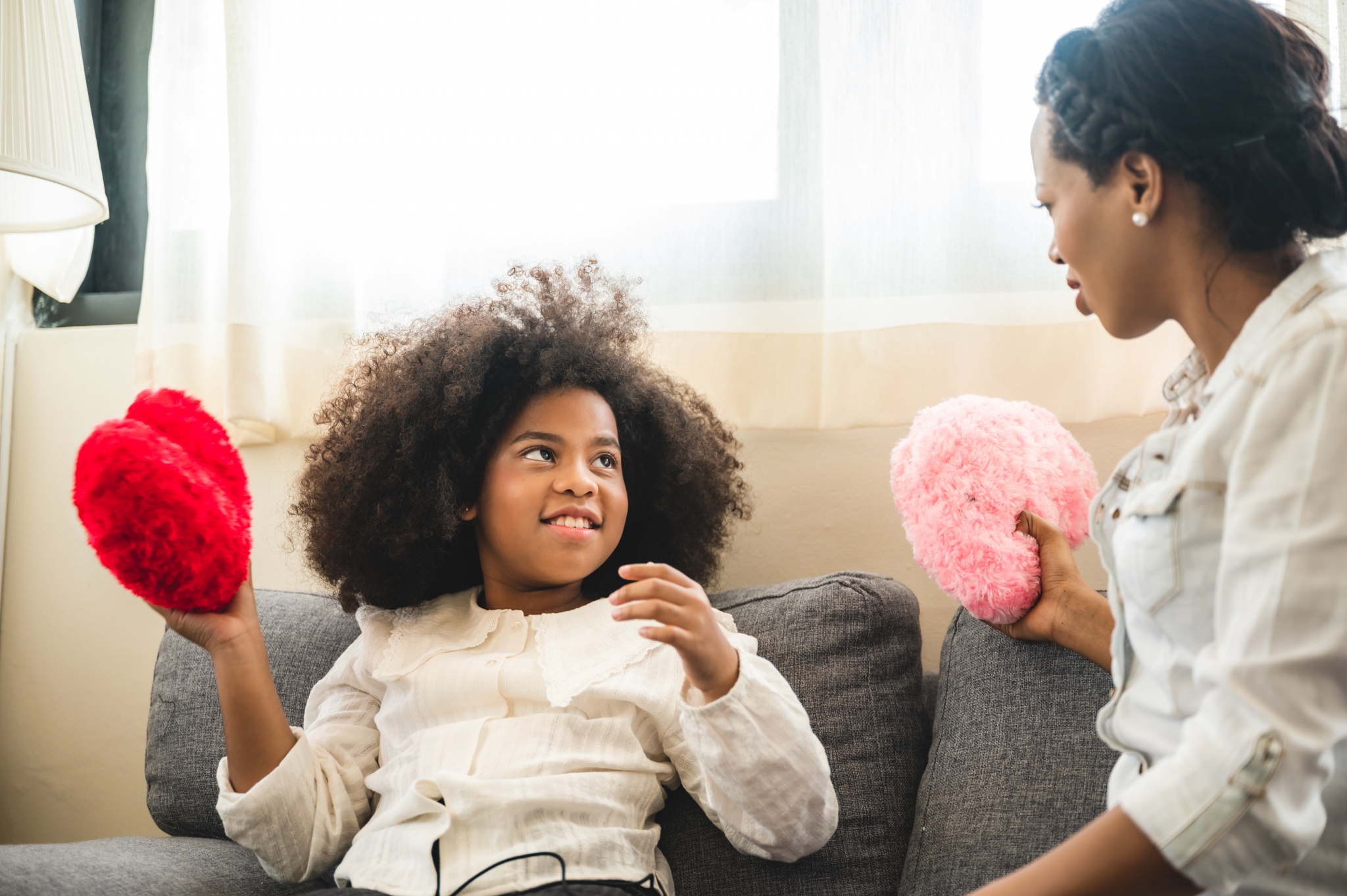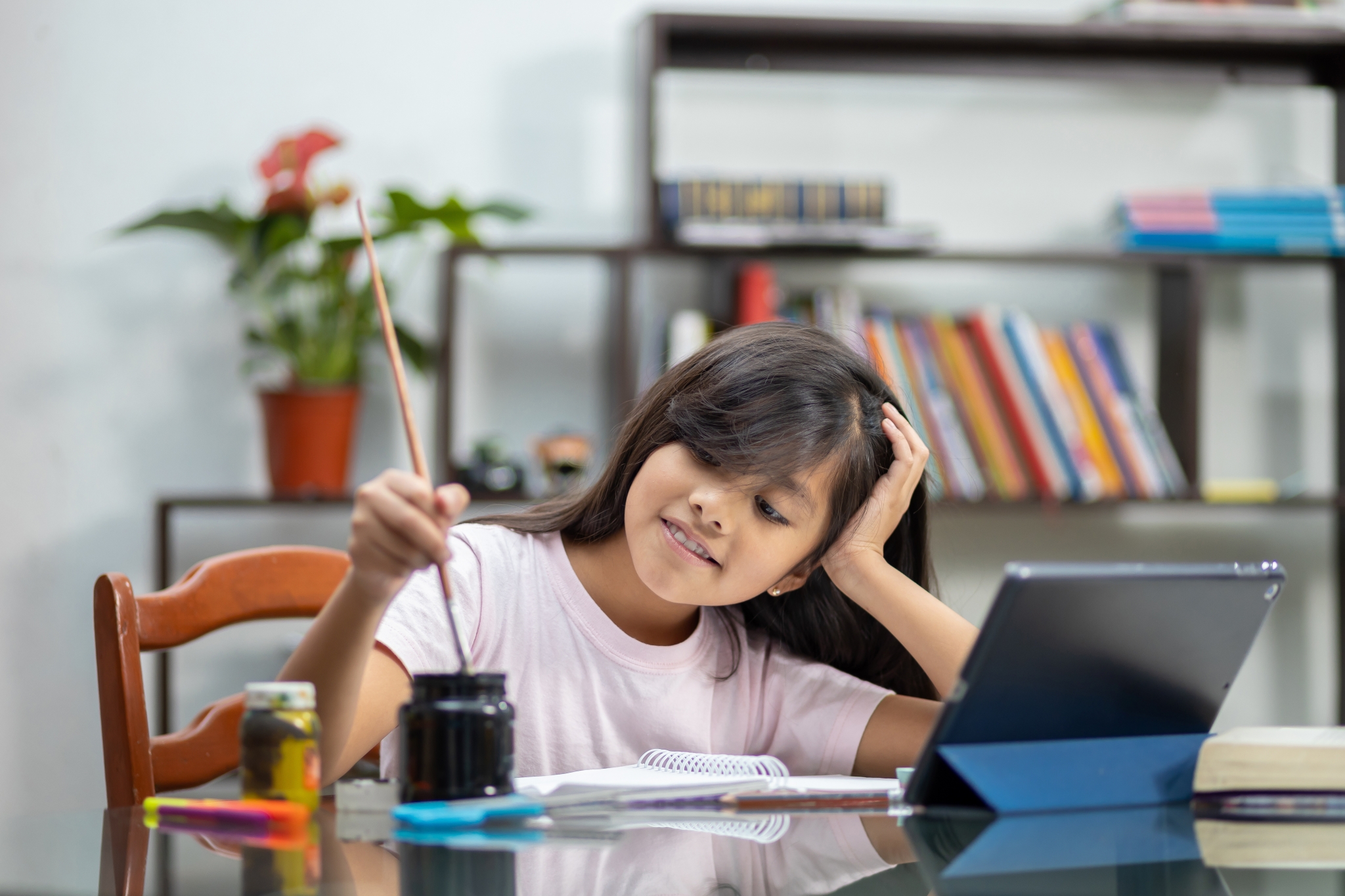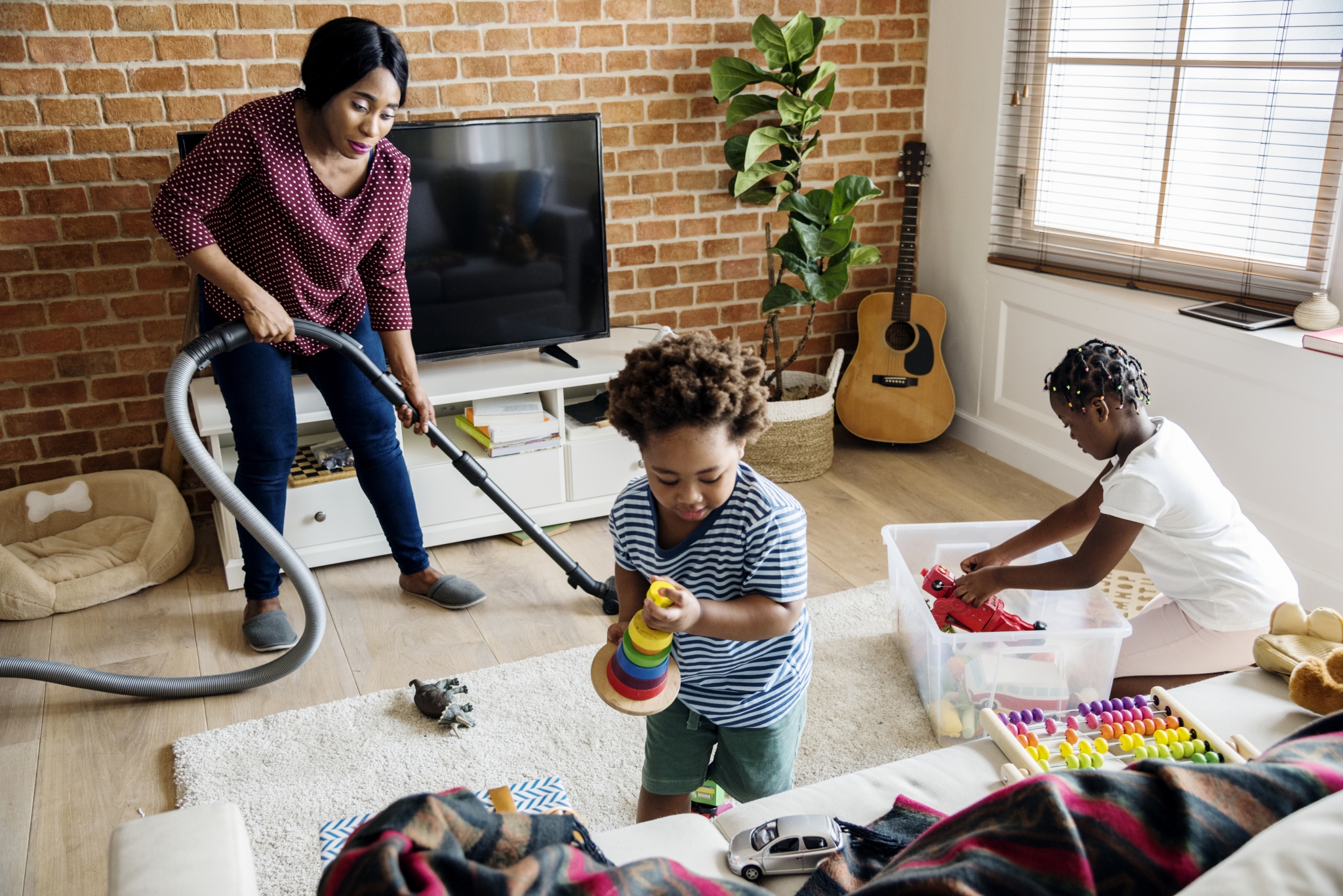How to Notice Early Warning Signs of Mental Illness in Kids
For the parents of teenagers, it may not come as a surprise when your child suddenly starts spending more time...
April 10, 2023
June 28, 2020
The months we have spent social distancing ourselves from others have been hard on both adults and children. With schools closed and many of us working from home, it may feel like life is on hold, with very few valuable things going on.
However, despite all of this, there are still some important lessons that we can teach our children during this period. Emily Neal, Mercy Home’s Vice President of Organizational Development, shared five life lessons to instill in your kids while self-isolating.

In the days of quarantining, it may feel like personal space and privacy are a thing of the past. However, this is the perfect time to teach your kids how to respect the space of others, as well as set boundaries for themselves.
“Since we’re always together, sometimes different members of the family need more space,” Neal said.
She explained that it is important to be aware of times when you feel like you need some space and are able to communicate that to your child in a way that doesn’t feel like a rejection. It’s equally crucial to make sure that your kids know they have permission to ask for space as well. Tell them that it is okay if they need to time and space to play, read, or just be alone.
The necessity to social distance while out in public is another opportunity to teach your children how to respect the space of others. Explain to your kids why it is especially important to be mindful of how close they get to others because distance is necessary for safety.

“There’s a lot of frustration that comes along with sheltering in place and your whole life being upended and not being able to see people you care about or do things you would normally do,” Neal said.
This frustration can cause us all to react in different ways, but the way younger children react may seem over the top to us as adults. That’s when it’s important, Neal explained, to “get curious, not furious.” Instead of getting annoyed at your child, investigate why they may be feeling or reacting they way they are.
“We have to sometimes get underneath what we’re seeing,” Neal said.
This is also a great time to model patience for your children. With many of us working from home, our kids may be anxious for our attention or ready to get out of the house and return to normal. This is an opportunity for them to practice waiting for something they want and learn to cope with the uncomfortable feelings that come with that waiting.

Not only is it a great way to stay busy, doing creative projects and activities is a great way for your children to learn healthy ways to express emotions. This doesn’t mean you need to go out and buy a bunch of materials, though! Use Pinterest as a resource and use items you already have around the home, like empty toilet paper and paper towel rolls, two-liter bottles, or egg cartons to create.
If crafts aren’t your thing, you can also turn on music and sing and dance together. There are great YouTube channels for kids that provide other fun activities, such as Cosmic Kids Yoga. The yoga videos lead kids in easy stretches all while incorporating stories into the practice.
Neal encourages parents to join their kids in these activities.
“For parents, even if it seems exhausting, it ends up being fun for us too,” she said.

It’s tempting to let normal routines go out the window during this period of self-isolating. You’ve probably already heard a lot of experts implore you to keep a routine to maintain a sense of normalcy. This is equally important for your kids, and a great chance to model why setting and keeping a routine is so important.
If you aren’t sure how to incorporate your child’s daily routine into your schedule, look at the routines they had while they were at school for a clue. Did they do something on a specific day, like attend a music class or learn about something specific? Including that in your family schedule will bring normalcy to your child and help them know what to expect each day.

We are spending more time at home than ever before. That is why it’s especially important to keep your home in order. It doesn’t have to be perfect, but Neal recommends taking care of basic things like putting away toys and loading the dishwasher before going to bed.
“I think it’s just good for all of us to wake up in the morning and be like, okay, I can see the floor and there’s a dishwasher or sink full of clean dishes,” she said.
By keeping your space tidy, you are serving as an example to your kids about the importance of caring for their space and belongings. The extra sanitizing you are probably doing is another way to teach your children about the importance of keeping things clean so that they can stay safe and healthy.
For the parents of teenagers, it may not come as a surprise when your child suddenly starts spending more time...
April 10, 2023
And suddenly, you’re awoken by a sound that steals you from sweet sleep: The morning alarm. And with it, a...
January 26, 2022
There comes a day in every parent’s life when we must accept the inner wisdom of our children. We may...
January 6, 2022
Comments